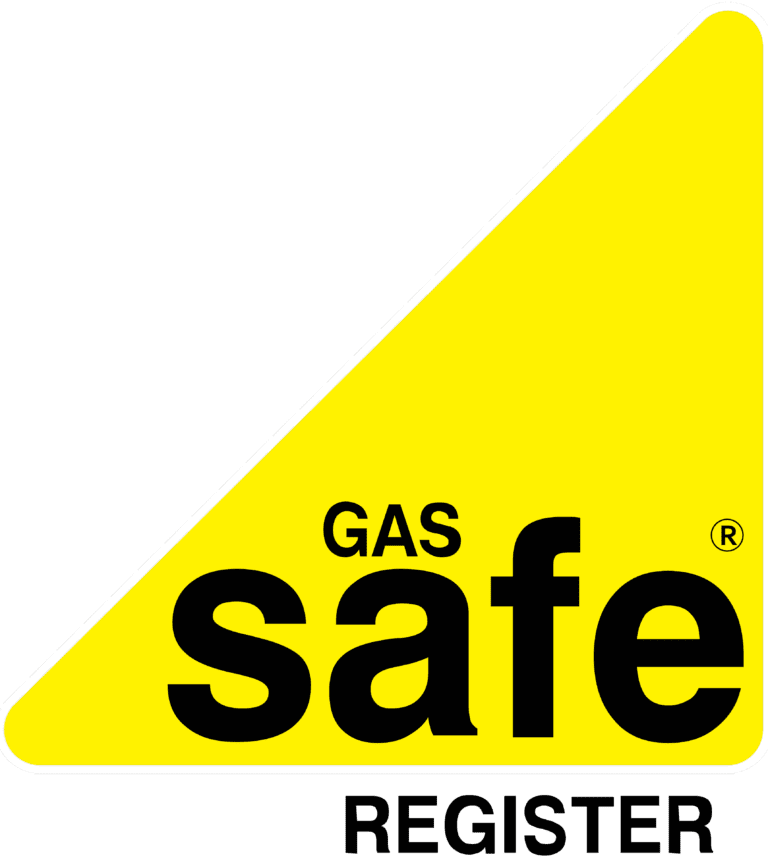Table of Contents
Your home’s plumbing system does a lot of hard work behind the scenes but what are the potential hidden plumbing problems you might face? Hidden leaks, blockages, and wear-and-tear may be lurking. Discover the potential dangers and learn how to prevent costly plumbing disasters.
Why Do Hidden Plumbing Problems Matter?
-
Small leaks become big problems: A pinhole leak, a tiny hole that can develop in a pipe due to corrosion or wear, may seem insignificant. But even a small leak can waste thousands of litres of water a year, adding surprising amounts to your water bill. What’s worse, ongoing leaks behind walls or under floors cause dampness, which can lead to mould growth, rot, and even structural damage to your home. For example, a leaky pipe behind a washing machine might go unnoticed for a while. But that constant moisture can cause the floorboards to rot, meaning expensive repairs to replace damaged fixtures and flooring.
-
Costly surprises: Water damage isn’t cheap to fix! You could face pricey repairs to walls, floors, even kitchen cabinets or bathroom fixtures damaged by a hidden leak. The longer a leak goes undetected, the more extensive the damage becomes. Remember, shutting off the main water supply is essential if you suspect a leak, and it’s always best to call a plumber to diagnose the problem and make the necessary repairs.
-
Health risks: Mold and mildew thrive in damp conditions caused by undetected leaks. These can irritate the respiratory system and worsen allergies or asthma. In severe cases, they can even pose serious health risks. Early detection of leaks is important to prevent mould growth and protect your family’s health.
What Could Be Lurking in Your Plumbing System?
-
Leaking pipes: Common causes of leaks include corrosion, especially in older homes with copper or galvanized steel pipes. Loose fittings around taps or pipe connections can also drip over time. Freezing temperatures can also cause pipes to burst, so it’s wise to properly insulate exposed pipes in lofts or external areas during very cold weather. Here in the UK, some homes may still have lead pipes, which can be a health hazard. If you suspect you have lead pipes, it’s best to contact a qualified plumber to discuss replacement options.
-
Clogged drains: Hair, soap scum, grease, and even limescale buildup in hard water areas can all contribute to clogged drains. For slow-moving drains, you might be able to try unblocking your drains yourself with a plunger or a drain snake. However, if the blockage is severe or located deep within the drainage system, it’s best to call a professional plumber. They have the expertise and tools to diagnose and clear even stubborn clogs.
-
Ageing pipes and fixtures: Pipes and fixtures, like taps and toilets, naturally wear out over time. The lifespan of your plumbing system depends on the materials used. Copper pipes generally last longer than plastic pipes like PEX, but even copper pipes will eventually need to be replaced. If you’re experiencing frequent drips or leaks from taps, or if your toilet is constantly running, it might be a sign that it’s time to replace the fixtures.
How Do I Know If There’s a Plumbing Problem?
-
Warning signs: Be alert for damp patches on walls or ceilings, unexplained musty smells, or sudden changes in water pressure or water flow. These could all be signs of hidden leaks or plumbing issues.
-
Your water bill knows: If you see an unexpected spike in your water bill, even if you haven’t changed your water usage, there might be a leak somewhere. Monitoring your water meter is a good way to catch potential problems early.
-
Unusual noises: Gurgling sounds from drains or toilets can indicate partial blockages or ventilation issues. It’s best to get these checked by a plumber to prevent the problem from worsening.
Do I Need a Professional Plumbing Inspection?
-
What to expect: A professional plumbing inspection goes beyond what a homeowner can easily check themselves. Plumbers have specialised tools, such as pressure testing equipment to isolate sections of pipe and pinpoint leaks, or thermal imaging cameras to detect dampness behind walls.
-
Why invest: Especially for older homes, a plumbing inspection can give you peace of mind or highlight any issues that need proactive attention. If you’re buying a property, having a plumber inspect the plumbing system alongside your regular building survey can prevent unwelcome surprises after you move in.
-
Spotting issues early: Regular inspections by a professional plumber can help you detect small problems before they become major, saving you time and money on costly repairs down the line.
What About Drainage Troubles?
-
Blocked drains inside your home: Slow-draining sinks or showers are a common annoyance, and many homeowners try to tackle them with DIY solutions. Plungers and store-bought drain cleaning products can work for minor clogs, but if they don’t clear the blockage, it’s best to call in the experts.
-
Sewer line problems: Unlike internal drains, problems with your main sewer line can be serious. Signs like slow drainage throughout the house, foul odours, or unusually lush plant growth in one area of your garden are red flags. Clogged sewer lines can lead to extensive water damage and require professional attention.
-
Tree roots: A tree root invasion is a surprisingly common cause of sewer line problems. Plumbers can inspect sewers using drain cameras to identify the root cause of blockages and offer solutions, which may involve pipe repair or replacement in the affected area.
Are Plumbing Problems Dangerous?
-
Mould and mildew: The damp environment created by ongoing leaks is the perfect breeding ground for mould and mildew. These pose health risks, particularly for those with respiratory sensitivities. This is especially important to note in the UK’s climate, which can be damp.
-
Sewage backups: Sewer backups are unsanitary and require swift action. Not only do they pose immediate health hazards, but they can cause major damage to your home. If you suspect a sewer line issue, shut off the main water supply and call an emergency plumber to assess the situation.
-
DIY Safety: If you are undertaking any small domestic plumbing tasks yourself, always remember to take precautions. Wear appropriate safety gear, like goggles to protect your eyes, and ensure good ventilation in the work area. Know when to call for help to avoid making problems worse and risking injury.
How Often Should I Get Professional Plumbing Help?
-
Basic maintenance for your plumbing system: Taking some preventative steps can go a long way in protecting your home’s plumbing. Simple things like checking for signs of leaks regularly, fixing dripping taps promptly, and clearing drains of hair and debris can help avoid costly plumbing emergencies.
-
When to call an emergency plumber: Got a burst pipe, a completely blocked toilet, or any situation where water is flowing uncontrolled? Don’t hesitate to call an emergency plumber. They’re available 24/7 to handle urgent problems and prevent further damage.
-
Finding a qualified plumber: When choosing a plumber for non-urgent work, it’s important to find one who is properly qualified and insured. Checking online reviews and getting recommendations can also help you find a reliable plumber in your area
Key Takeaways
- Be vigilant: Check regularly for signs of plumbing problems.
- Don’t ignore small issues: They often worsen over time.
- Maintain your plumbing system: Simple steps make a big difference.
- Choose a qualified plumber: Protect your home by using an insured and accredited professional.
- An ounce of prevention is worth a pound of cure: Proactive plumbing care saves money and stress long-term.

